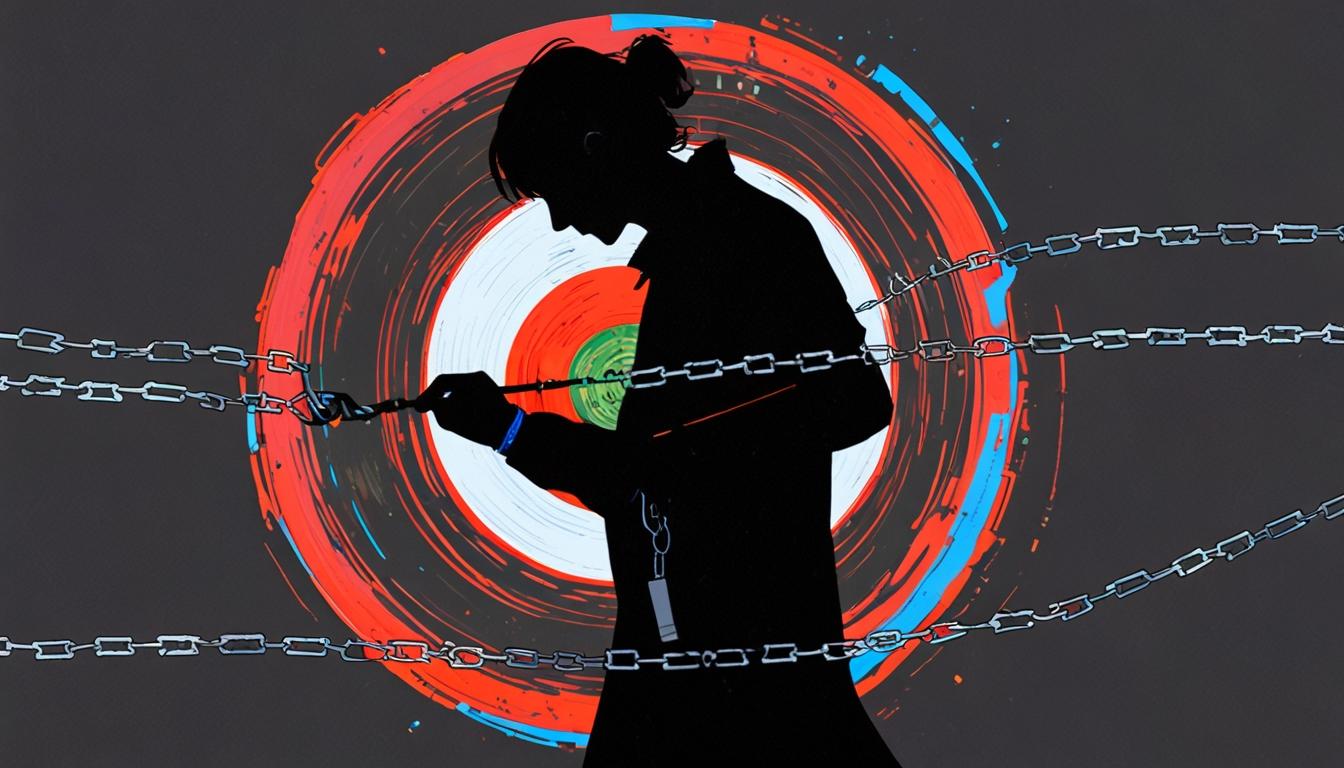UK Government's Data Reforms Face Backlash: Protecting Artists in the Age of AI
The UK government is at a critical juncture as its proposed data reforms, encapsulated in the Data (Use and Access) Bill, have cleared the House of Commons. This legislative step comes against the backdrop of growing concerns over the protection of artists and their creative works in the rapidly evolving world of artificial intelligence (AI). Notably, ministers face increasing pressure to ensure that artists receive proper remuneration for their work when it is used, especially by AI developers.
As the Bill moves forward, the government has opted to strip away amendments that would provide stronger safeguards for creative industries against the unauthorized use of copyrighted materials by AI systems. This decision has provoked fierce criticism from various stakeholders, including prominent musicians such as Sir Elton John, Annie Lennox, and Paul McCartney. These artists argue that the government's approach risks reducing their intellectual property to mere fodder for AI models, effectively endorsing what they describe as theft of their creative output.
During a heated debate in Parliament, technology minister Sir Chris Bryant asserted that the existing copyright law remains “robust and clear,” and highlighted that a text and data mining exception already exists for non-commercial research purposes. However, critics argue that these legal frameworks are insufficient and fail to account for the advances in AI technology. Labour MP Stella Creasy emphasised that the government's consultations have signalled potential significant changes to copyright laws, placing the livelihoods of creative professionals at risk.
Despite government assurances, concerns remain that the legislative approach is too focused on facilitating AI development without adequate protection for creators. Alison Hume, a member of Parliament and an award-winning writer, expressed doubts about the transparency of AI companies, stating, "currently, AI companies do not have to tell anyone what they’re stealing from the internet." She insisted that without legal requirements for transparency, creatives might find themselves further disenfranchised.
In a broader context, similar regulatory approaches are emerging in the European Union, aimed at ensuring that AI developers disclose the sources of the training content they use. Culture Secretary Lucy Frazer has indicated that the UK government is contemplating rules that would require greater accountability from tech firms, thereby aiming to balance the dual objectives of fostering AI innovation and safeguarding the creative sector. This dual focus is necessary, as the potential for AI to misuse copyrighted materials continues to provoke anxiety among artists, who see their rights under threat.
Paul McCartney himself has been vocal about potential repercussions of the proposed changes, warning that if the government fails to protect artists adequately, it could lead to the erosion of creative sources in the UK. His concerns highlight a growing sentiment among artists that the government is prioritising big technology firms over individual creators. Other industry leaders share this sentiment, indicating that artists and small creators could be overshadowed by the advantages conferred to tech giants unless strong protections are implemented.
The need for robust regulations has been echoed by cross-party MPs, who argue for updated copyright laws to reflect the changing digital landscape. The House of Commons culture, media, and sport committee recently underscored the urgent need for a comprehensive framework that ensures creators are fairly compensated for the use of their work and preserves their rights in the face of evolving AI technologies. However, despite ongoing consultations, concrete proposals remain elusive.
As the Data (Use and Access) Bill progresses, the call for government transparency and accountability in how AI companies operate becomes increasingly urgent. Without a clear commitment to protect the rights of creators, the very fabric of the UK’s creative industry may be at risk of being exploited and diminished in the wake of technological advancement.
In conclusion, while the government's intention is to foster innovation, it is imperative that this progression does not come at the expense of protecting those who form the backbone of the creative sector. Artists and creatives must have their rights affirmed and protected, ensuring that their contributions are valued and appropriately compensated in a future increasingly dominated by artificial intelligence.
Reference Map:
- Paragraph 1 – [1], [2]
- Paragraph 2 – [1], [3]
- Paragraph 3 – [1], [5]
- Paragraph 4 – [1], [6]
- Paragraph 5 – [1], [2]
- Paragraph 6 – [3], [5]
- Paragraph 7 – [4], [6]
- Paragraph 8 – [1], [4]
Source: Noah Wire Services
